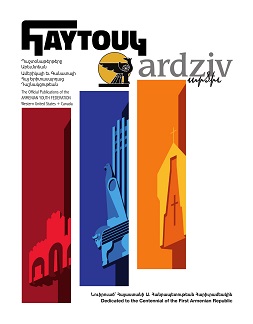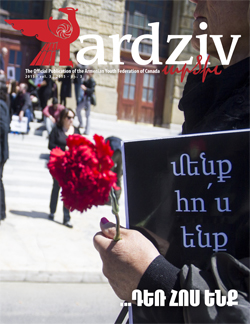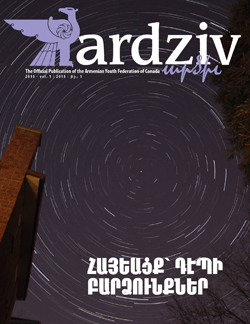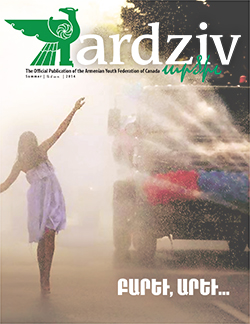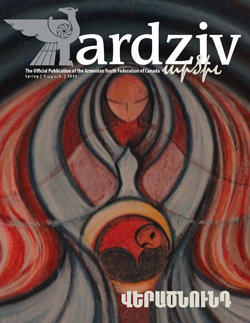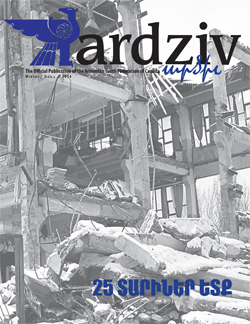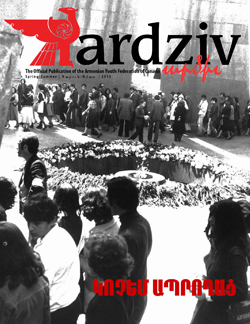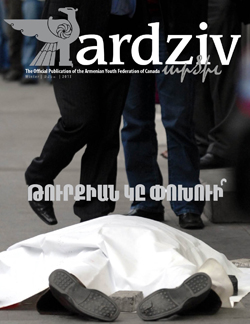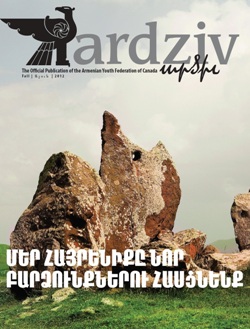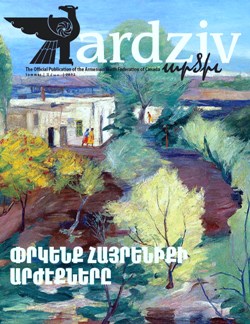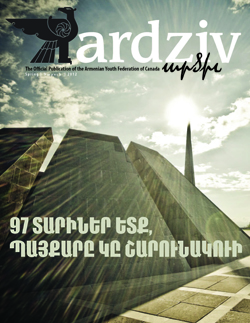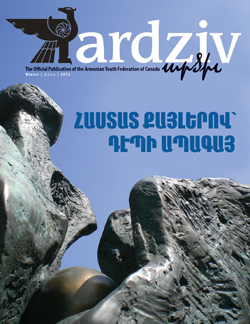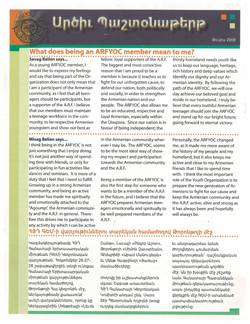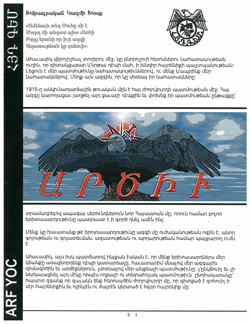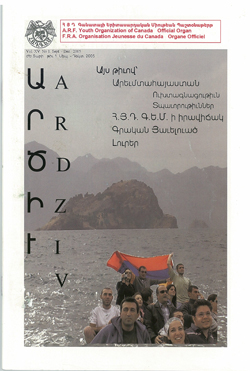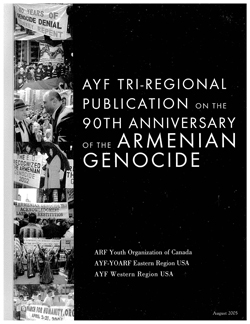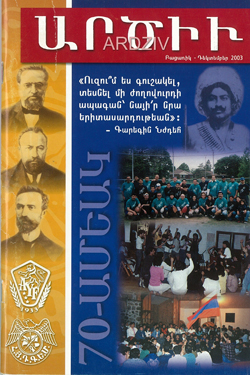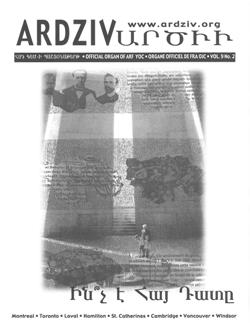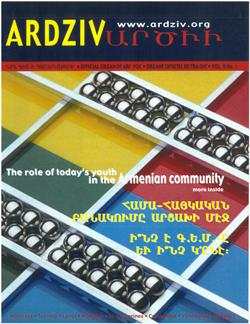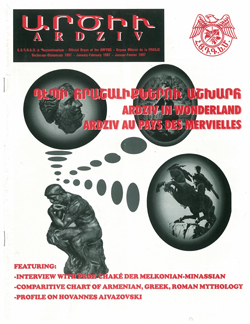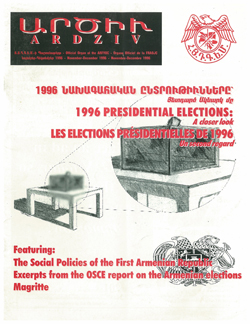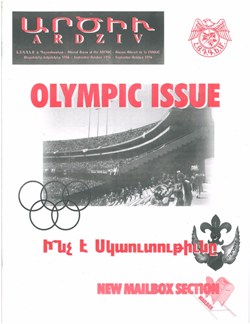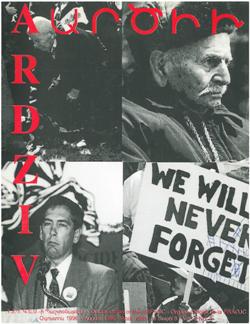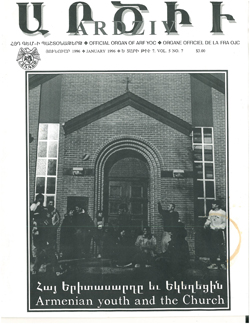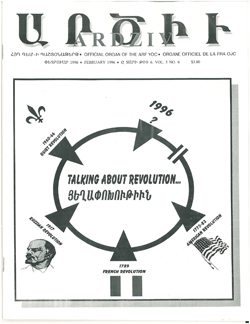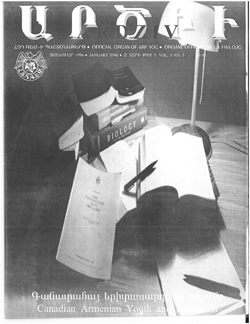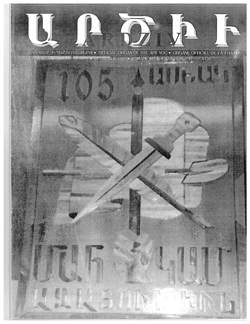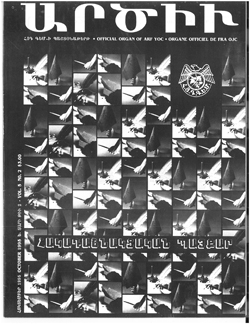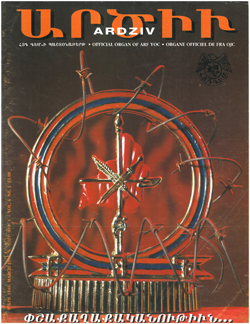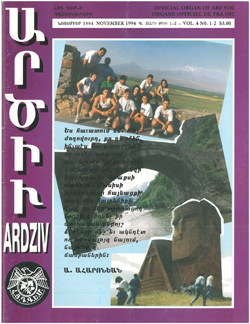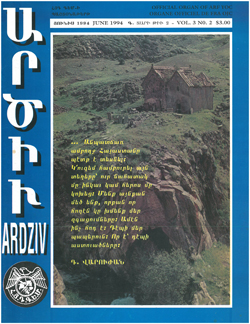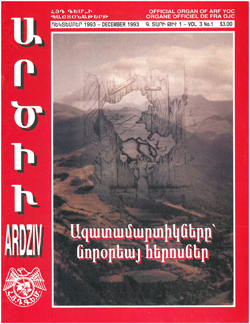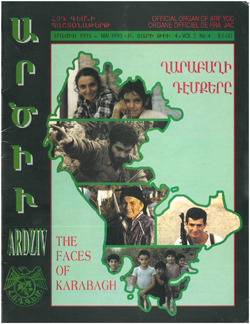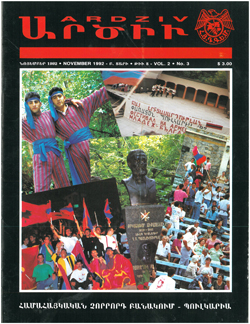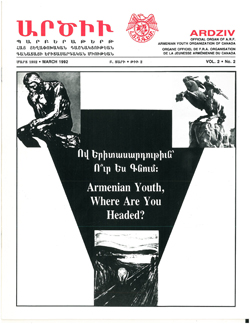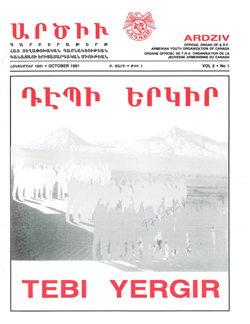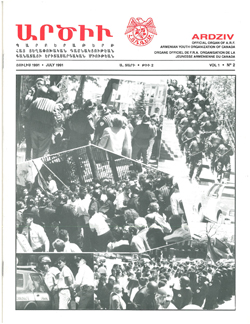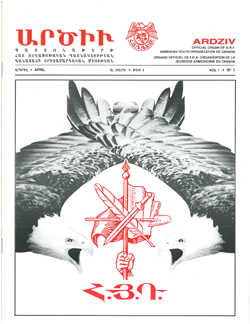Winter or Spring; Change is Coming.
By: Patil Halajian | Posted on: 30.07.2013Warning: Undefined array key "ssba_bar_buttons" in /home/u108981792/domains/ardziv.org/public_html/wp-content/plugins/simple-share-buttons-adder/php/class-buttons.php on line 602
Warning: Undefined array key "ssba_bar_buttons" in /home/u108981792/domains/ardziv.org/public_html/wp-content/plugins/simple-share-buttons-adder/php/class-buttons.php on line 602
Warning: Undefined array key "ssba_bar_buttons" in /home/u108981792/domains/ardziv.org/public_html/wp-content/plugins/simple-share-buttons-adder/php/class-buttons.php on line 602
Warning: Undefined array key "ssba_bar_buttons" in /home/u108981792/domains/ardziv.org/public_html/wp-content/plugins/simple-share-buttons-adder/php/class-buttons.php on line 602
While we stand on street corners enamored by the high rises and impressive retail and entertainment complexes popping up like tulips in spring, it is easy to miss a tiny crucial detail; that as we are losing our public spaces to these symbols of modernity, we are also losing our voices. With the heavy influence of the new digital commons, it is easier to make this oversight. It can be argued that as our virtual voices get louder and louder (shout-outs to Facebook, Twitter and the like) our actual, physical voices are nowhere to be heard. As such, these public spaces are integral to functioning civil societies and are central to the narrative of social and political unrest as witnessed in recent history at Tahrir Square in Egypt, Mashdots Park in Yerevan, Zucotti Park in New York City and most recently Taksim Square in Istanbul, Turkey.
What started out as an environmental protest to save what is reportedly one of the last standing green spaces in downtown Istanbul, has quickly grown into a broader contestation of the existing order in Turkey. The fact is that the demolition of these public spaces has come to represent the common disregard for public opinion and the silencing of a collective voice. Sitting on the edge of Taksim Square, the planned destruction of Gezi Park to make way for a new shopping mall was the straw that broke the camel’s back. It’s important to mention that part of Gezi park used to be an Armenian cemetery (Pangalti cemetery); the largest non-Muslim cemetery in Istanbul for 370 years. Over the past year, Turkish citizens have hit the streets to protest many issues including the government’s response to the raging civil war in Syria, the privatization of public spaces, concerns over deteriorating press freedoms and freedom of speech, draft laws to curb abortion and new restrictions on alcohol sales.
However, the protests come against the same government that enjoys the support of just about half the population and a prime minister who has been elected three times by successive free and fair elections. This isn’t Egypt and Erdogan is not Mubarak. It is unlikely that the protests will end in regime change, as Turkey is a democracy- an imperfect one without argument- but still a democracy. The protests may not be Erdogan’s spring, or winter for that matter. They are, however, a harsh wake-up call; a wake-up call not only for Erdogan, who cannot run for another term as prime minister and has intentions to run for presidency in 2014, but also for the people. It seems that there is a new found sense of political purpose, a sense of unity among typically disparate groups bound together by the public space they occupy. A realization that they do have voices and that they can speak up. A realization that together, they can push the boundaries and push through the fear that has heavy-handedly governed the republic for so long. A realization that more so than any opposition party, the people stand the best chance to disrupt Erdogan’s future plans for presidency. The people are demanding change, and while it is unlikely that Erdogan’s autocratic style of leadership will change much, it is now about changing the minds of the voters; as ultimately the change is going to have to come from the polls.









